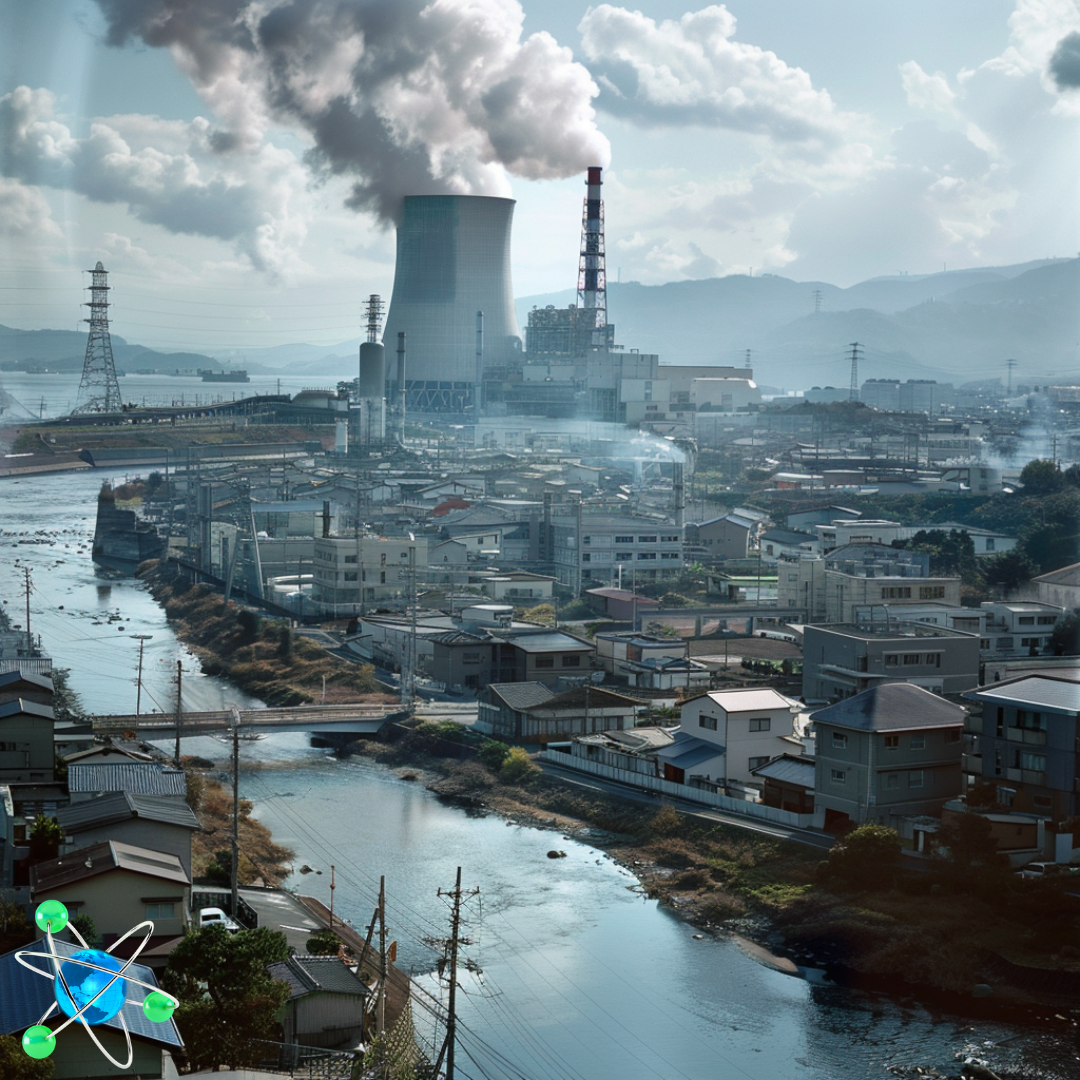
- Japan faced a triple disaster in 2011 with an earthquake, tsunami, and Fukushima nuclear meltdown, leading to a reduction of nuclear energy due to public fears.
- Rising fossil fuel prices and climate commitments are pushing Japan to reconsider nuclear power, with discussions on restarting the atomic industry and increasing nuclear energy’s share in the energy mix.
- Shifting back to nuclear energy could reduce Japan’s reliance on imported fossil fuels, impacting global fossil fuel markets and potentially improving environmental outcomes despite public and logistical challenges.
The 2011 explosive earthquake, terrifying tsunami, and the subsequent Fukushima power plant meltdown was, forget about a double whammy, a triple whammy for the island nation of Japan. Immediately following the tragedy, the government announced that Japan would significantly reduce nuclear energy production, owing to public fears of another Fukushima incident. More than a decade later, Japan is weighing restarting its atomic industry to combat rising fossil fuel prices.
Background: The 2011 Calamity
Japan is located at the intersection between four tectonic plates and is thus susceptible to frequent tectonic activity. According to Britannica, on March 11, 2011, a magnitude 9.0 earthquake struck Japan, causing widespread damage. The disruption of the Earth’s crust also caused a 30-foot-high tsunami that peaked at more than 100 feet, claiming thousands of lives as people attempted to escape the earthquake’s effects. The two events caused a partial meltdown of the Fukushima nuclear facility, with some power plants leaking radioactive material into the atmosphere and surrounding water. Subsequent tests found elevated radiation levels in food and drinking water, necessitating an evacuation of the encompassing areas. Eventually, according to Azer News, negative public perception of nuclear contamination caused the Japanese government to “significantly reduce its reliance on nuclear power and increase fossil fuel consumption to produce 70% of its electricity.”
New Developments: A Complete U-Turn
Russia’s invasion of Ukraine has strained global supply chains, in turn, driving up prices for many commodities, including widely used fossil fuels such as coal and gas. In an age where many governments are attempting to decarbonize their economies to satisfy climate change commitments, Japan is now considering reversing its stance from a decade ago and restarting nuclear power plant deployment. With energy supplies fluctuating, the Japanese government wishes to stabilize production by increasing clean energy usage, focusing on nuclear power. Reuters reported that Japanese energy policy is revised every three years, with the next update due next year. Government discussions are underway, with many proponents advocating for additional power plant construction to meet energy demands.
Global Ramifications
Due to Japan’s recent policies of primarily utilizing fossil fuels to generate electricity, Reuters reports that it is now the second-largest importer of liquified natural gas (LNG) and a significant consumer of coal. A transition to nuclear energy consumption would correspond with a decreased demand for coal and LNG, and Japan would import fewer of them. Economies that export fossil fuels will subsequently be impacted, with possible future actions including ceasing production of fossil fuels (a good thing), consuming them instead (a bad thing), or exporting other items to maintain their trade balance.
Will Japan’s Proposal Gain Popularity and Succeed?
A Reuters report shows that currently, LNG and coal account for two-thirds of Japan’s energy supply, while nuclear energy accounts for only 9%. The government is targeting an increase of nuclear energy’s share of electricity generation to 22% by 2030, but forecasts indicate that this is unlikely, with a projection of only 14%. Moreover, Japan anticipates increasing energy production by up to 50% owing to industrial needs. However, factors such as Japan’s geographical location, high risk of natural disasters, public hesitation to risk a similar nuclear catastrophe, and lengthy construction timelines may prove these goals to be overly optimistic. Despite this, transitioning to increasing nuclear power is much better than continuing the recent trend of utilizing fossil fuels. This is especially welcome news following a United Nations report published by the Associated Press, warning that Earth expects to breach the 1.5oC warming threshold in the next five years.
